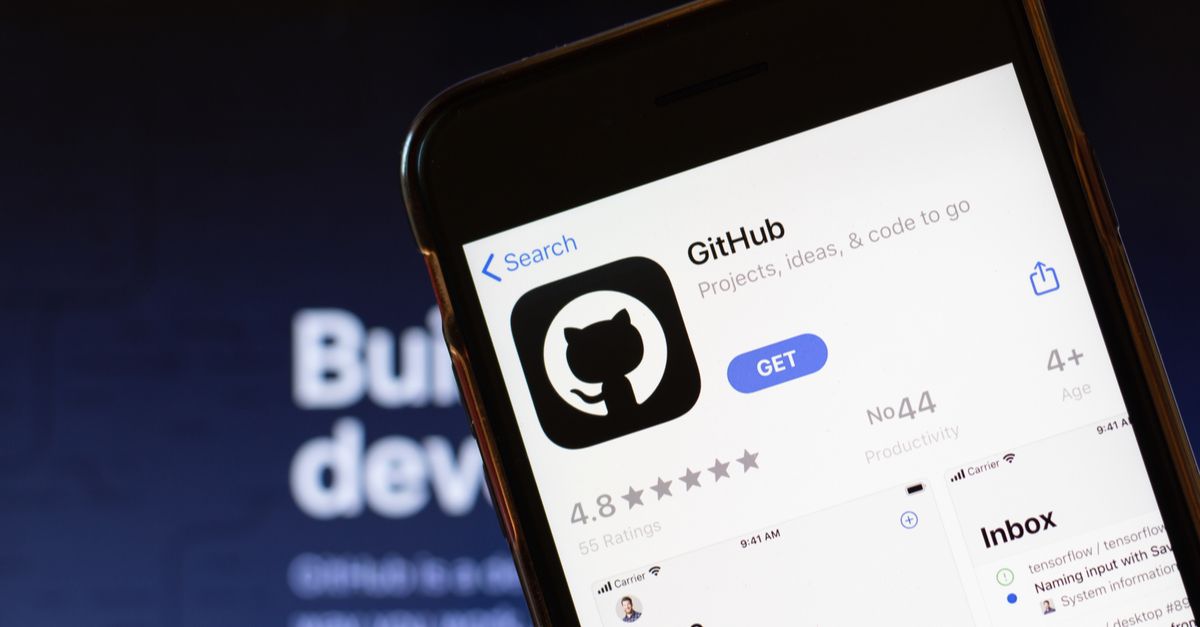Security News > 2020 > April

GitHub has released technical information on six vulnerabilities identified by one of its security researchers in the WebAudio component of Chrome. The researcher started looking for Chrome vulnerabilities while he was working for Semmle, which GitHub acquired last year for its code analysis platform.

Google is striving to block Gmail messages and other content that exploit COVID-19, but there are steps users can take to fight such malware. The popularity of Google Cloud services such as G Suite, Gmail, and Chrome have made their users tempting targets for malware.

GitHub has warned users that they may be targeted in a fairly sophisticated phishing campaign that the company has dubbed "Sawfish." GitHub has pointed out that this phishing campaign has several noteworthy aspects.

Financial phishing has increased in frequency and accounted for more than half of all phishing detections last year, Kaspersky says. Last year, financial phishing accounted for 51.4% of all phishing detections, an increase from the 44.7% share it saw during the previous year.

In the past week, an average of 18 million COVID-19 phishing emails were sent per day via Gmail to unsuspecting marks, according to Google. Google said its malware scanner uses deep-learning tech to detect malware on 300 billion attachments each week, and 63 per cent of dodgy docs blocked by Gmail are different from day to day.

Know anything about North Korean hackers and their activities in cyberspace, past or ongoing? North Korean cyber actors are allegedly behind extortion campaigns, including both ransomware and mobster-like protection rackets.

GitHub users beware: online criminals have launched a phishing campaign to try and gain access to your accounts. They could create a GitHub personal access token, which allows the user to access their GitHub account using the Security Assertion Markup Language.

Researchers have discovered over 760 malicious Ruby packages typosquatting on RubyGems, the Ruby community's gem repository / hosting service. ReversingLabs analysts wanted to see how widespread the practice of package typosquatting is within RubyGems.

Instead, it suggests that apps broadcast "a temporary anonymous ID that permits establishing contact with other app users in proximity." Apps will record that anonymous ID and, if any user that has been in proximity tests positive to coronavirus and consents to having their data shared, other devices that have hoovered up the anonymous ID will receive a notification. App should be deactivated automatically and all remaining personal data and proximity data should be erased, as soon as the crisis is over.

Corsa Security Orchestrator offers a single-pane-of-glass view, enabling network security professionals to quickly and easily add more firewall capacity as their traffic inspection needs grow, without having to configure multiple elements. Advanced Security for Zoom ensures the organization has secure video conferencing and collaboration, free from Zoombombing and other security issues.